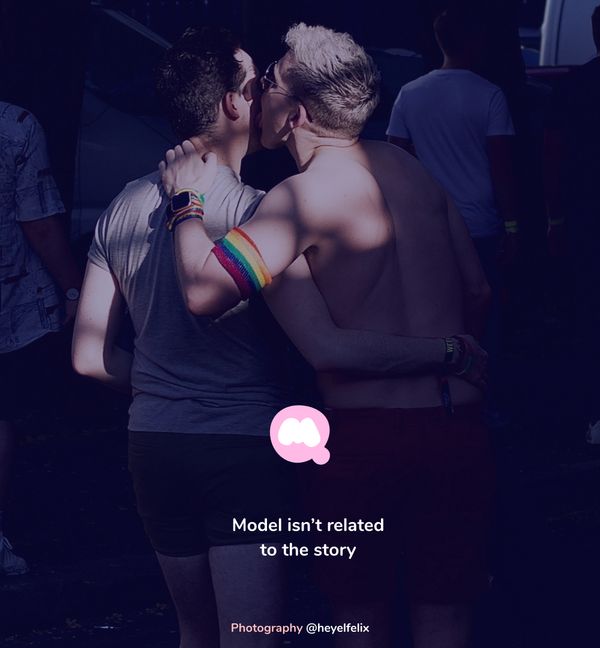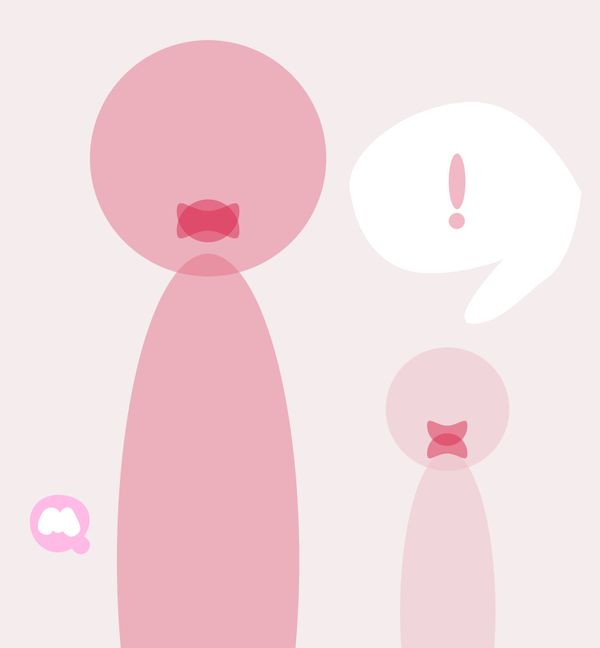Have you ever found yourself apologising without knowing what you did wrong? Have you hoped to improve an imbalanced relationship by keeping it for too long? Were you treated as "too sensitive" or "scary" when you were just expressing yourself?
If yes, you may have been a victim of gaslighting at some point in your life.
Gaslighting is a form of manipulation. It is a type of psychological abuse aimed at making victims seem or feel crazy. It is often associated with intimate relationships in families, partners, colleagues and so on.
Unfortunately, the number of people experiencing gaslighting is staggering. Thus, it is important to recognise it, take a firm stand against the abuser and minimise it.
Signs of being a victim
- You apologise for situations that are not your fault
- Feeling like you can never do anything right
- Second-guessing yourself
- Making excuses to justify the abuser's actions
- Always thinking it's your fault when things go wrong
- Having a sense that there is something wrong but being unable to put your finger on it
- You allow your partner to decide on everything or excessively adapt to fit your partner's life
- Not feeling as confident deciding as you have been in the past
- Carrying most of the relationship's weight for unfair reasons (e.g. financial dependency)
Signs of being an abuser or gaslighter
- You criticise something you love, to the extent that you start questioning yourself
- Denying what they said and asking for proof. You start to doubt yourself and don't want to pay more attention
- While occasionally they may be nice to you, you sometimes treat them unfairly and even lie to them
- Accusing them of doing things that you do to defend yourself
- Often enough, what you say and what you do does not correlate
We want to read your story
Reach out to questionmark and share your story anonymously with our readers. Let your story change someone else's life.









